
Vietnamnet
2144 newsArticles by author
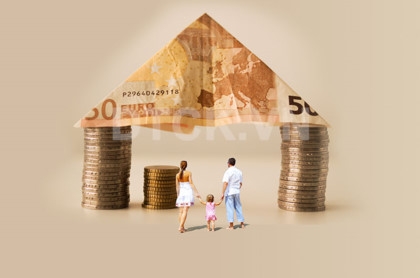
People rush to invest in real estate, ignoring risks
In the first months of 2017, the number of real estate transactions at the Notary Public Office No 1 in HCMC increased by 17-27% compared with the same period last year.
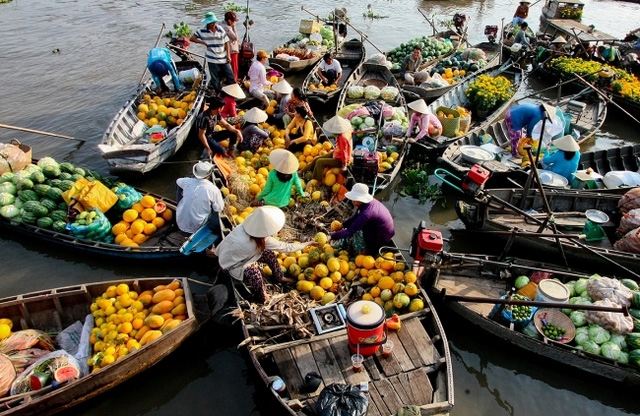
6.7 percent GDP growth rate challenge for Vietnam: economists
To obtain a 6.7% GDP growth rate in 2017, Vietnam needs to change its economic structure, experts say.
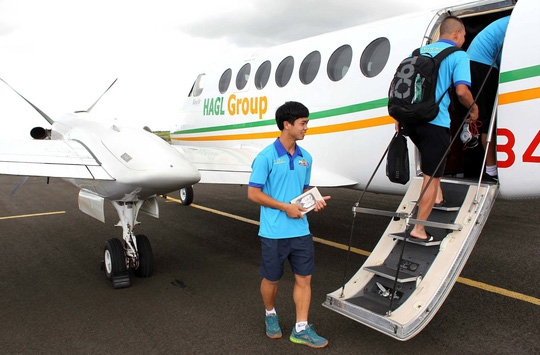
Private jet market warming up
The news that Thai Aerospace Services has been chosen by Honda as the distributor of HondaJet in the SE Asian market has caught public attention.
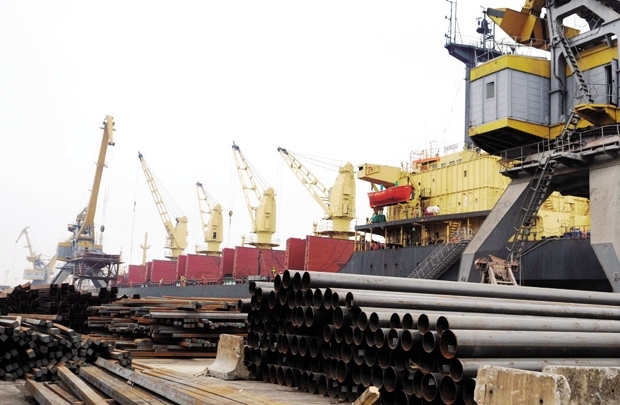
To thrive, steel manufacturers must become independent
Despite many preferences given for decades, VnSteel, with its spearhead, Tisco, has not succeeded as well as the the steel industry had hoped.
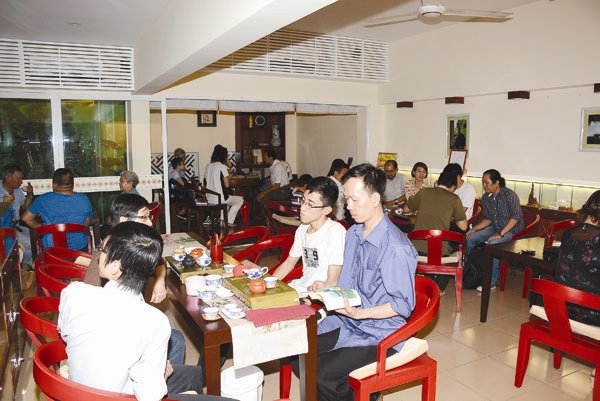
Competition Law: has it fulfilled its purpose?
The Competition Law was passed 13 years ago, but the number of times the law has been cited to fight against monopoly and collusion has been very modest.
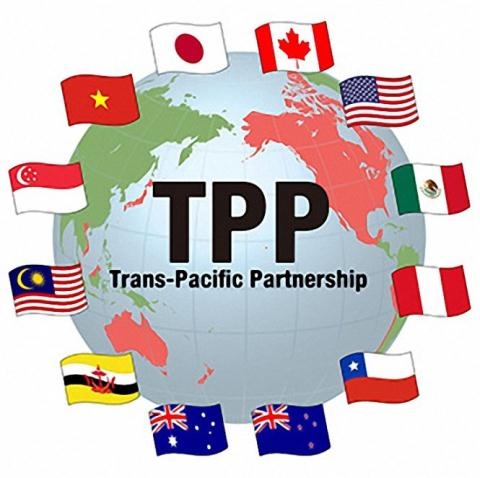
What benefits will Vietnam get from TPP without the US?
In a TPP without the US, powerful member countries will benefit most, according to economist Nguyen Tri Hieu.
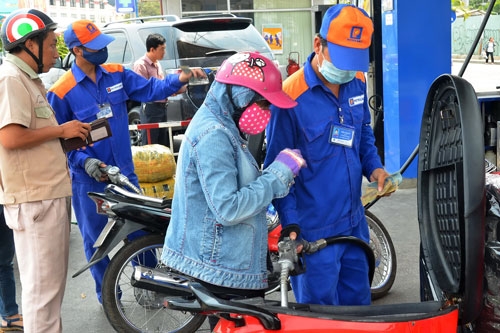
Vietnam prepares for opening of petroleum market
Vietnamese petroleum companies have enough time to build facilities and develop networks to prepare for competition with foreign distributors once Vietnam opens the petroleum market, experts say.
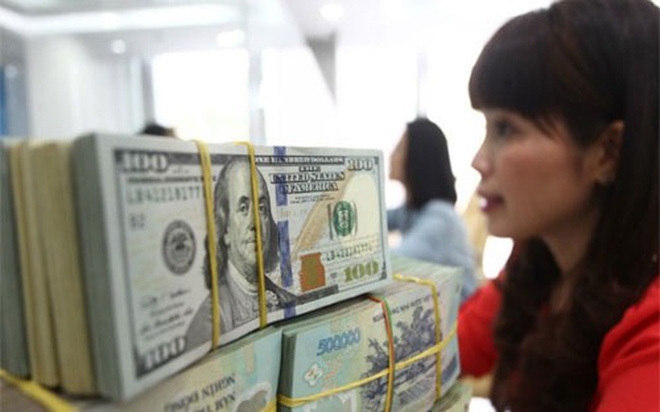
Money market changes course unexpectedly
The money market has been seeing unexpected happenings in the last two weeks. Until two weeks ago, the liquidity of the banking system had been in a state of tension because lending was higher than mobilized capital.

Incurring big losses, fast food giants open fewer shops
The heyday of fast food chains seems to be over in Vietnam. The number of fast food shops has been decreasing in an era when people are trying to ‘live slowly’.
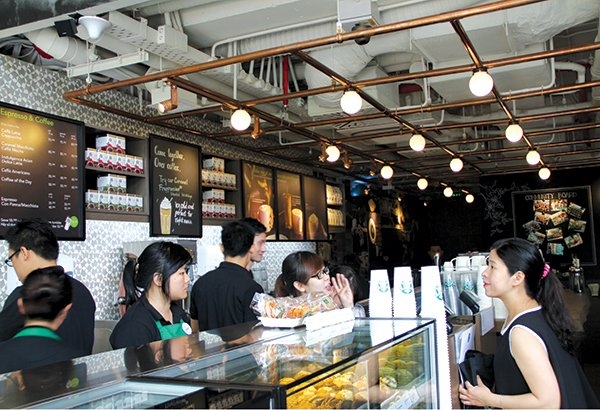
Foreign café chains facing competition from local outlets
While gaining success in other markets, many foreign coffee brands have had to leave the Vietnamese market.
